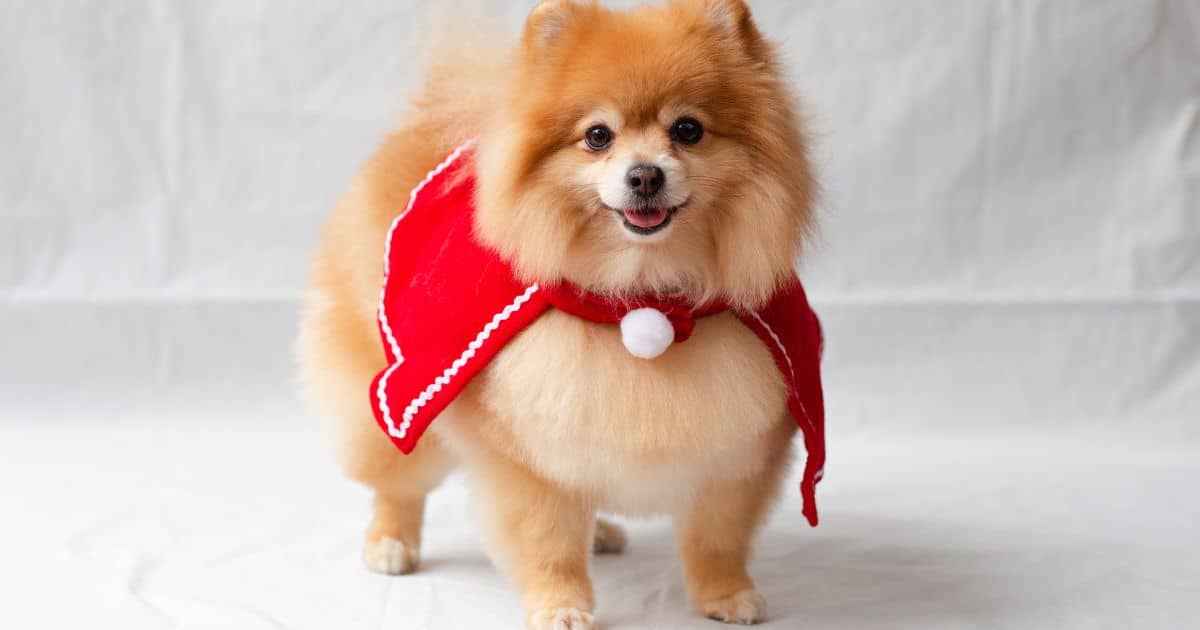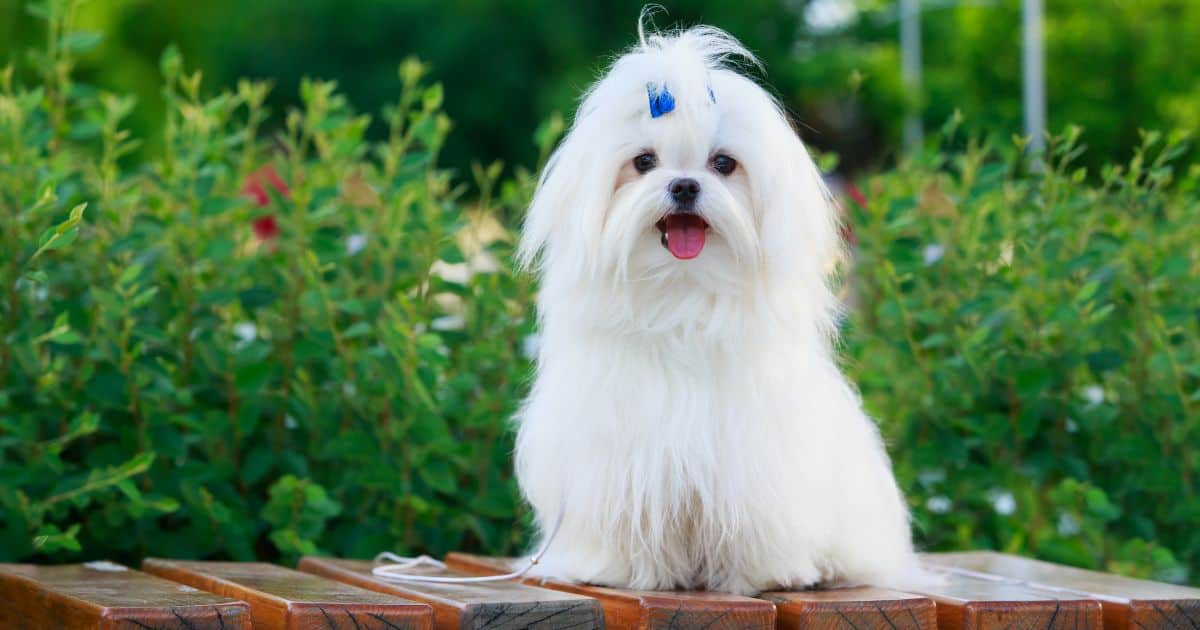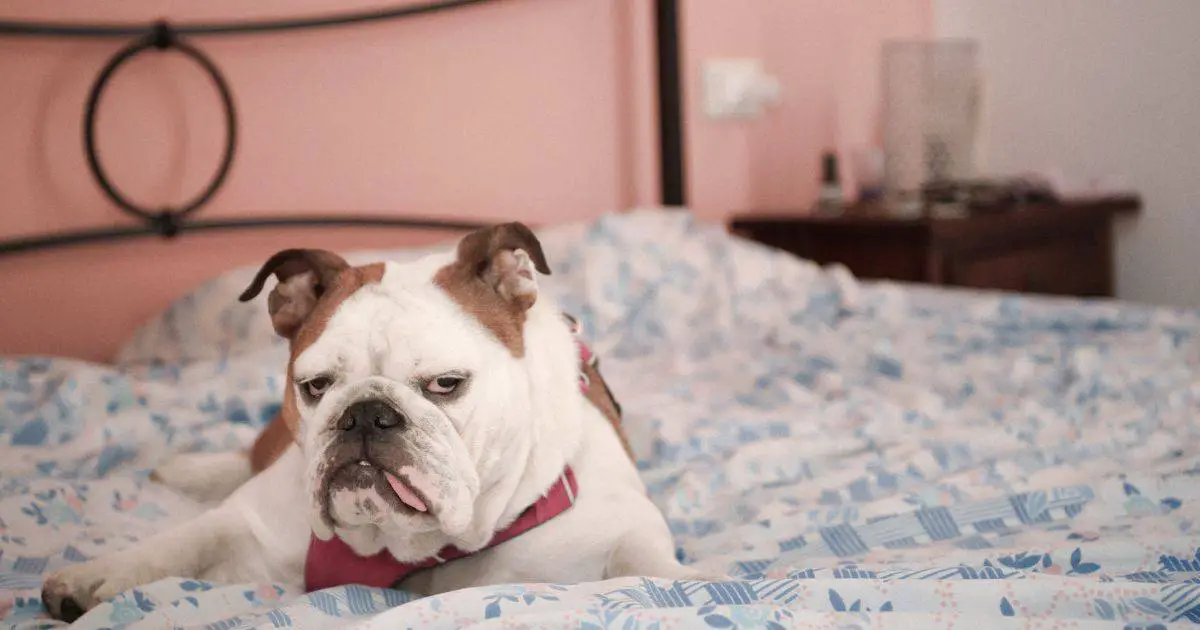Table of Contents
If you’re a Bichon Frise owner, you might have noticed that your furry friend has a tendency to lick a lot. While licking is a natural behavior for dogs, excessive licking can be a cause for concern. In this article, we’ll explore why your Bichon might be licking so much and what you can do about it.
Why Does My Bichon Lick So Much?
Bichon Frises are known for their friendly and affectionate nature, and licking is often seen as a way for them to show their love and affection. However, excessive licking can also be a sign of underlying health or psychological issues. By understanding the reasons behind your Bichon’s licking behavior, you can take steps to manage it and ensure your furry friend stays healthy and happy.
Key Takeaways
- Excessive licking can be a sign of underlying health or psychological issues in Bichon Frises
- Understanding the reasons behind your Bichon’s licking behavior is key to managing it
- Regular grooming and exercise can help reduce your Bichon’s licking behavior
Understanding the Licking Behavior of Bichon Frises
If you own a Bichon Frise, you might have noticed that they lick a lot. But why do they do it? Is it a sign of affection or a communication method? Let’s take a closer look at the licking behavior of Bichon Frises.
Firstly, licking is a natural instinct for dogs. It’s a way for them to explore their environment, communicate with others, and even self-soothe. Bichon Frises are no exception. They might lick their paws, their toys, or even you.
However, when it comes to licking humans, it can be a sign of affection or a habitual behavior. Bichon Frises are known for being affectionate dogs, and licking is one way they show it. They might lick your face, hands, or feet to show their love. On the other hand, if your Bichon Frise has been licking you for a while, it might have become a habit that’s hard to break.
It’s also worth noting that genetics play a role in a dog’s behavior. Some breeds are more prone to certain behaviors than others. In the case of Bichon Frises, they were originally bred as companion dogs, which means they were bred to be affectionate and friendly. This might explain why they are more prone to licking as a sign of affection.
In summary, the licking behavior of Bichon Frises can be a sign of affection, a communication method, a natural instinct, a genetic trait, or a habitual behavior. If your Bichon Frise is licking excessively, it might be a good idea to consult with a veterinarian to rule out any underlying medical issues.
Health Implications of Excessive Licking
Excessive licking in Bichons can lead to various health issues, some of which can be quite severe. If your Bichon is licking excessively, it is important to take them to a vet to determine the underlying cause.
One of the most common health issues that excessive licking can lead to is skin irritation. When your Bichon licks their skin too much, it can cause redness, swelling, and even open sores. This can lead to infections and other complications if left untreated.
Injuries are another potential health issue that can result from excessive licking. Your Bichon may accidentally bite or scratch themselves while licking, which can cause cuts and bruises. These injuries can become infected and lead to further complications.
Parasites such as fleas can also cause excessive licking in Bichons. If your Bichon is licking their skin excessively, it may be a sign that they have fleas or another type of parasite. Fleas can cause skin infections and other health issues if left untreated.
Acral lick dermatitis is a condition that can result from excessive licking. This condition is characterized by a persistent and compulsive licking of a specific area of the skin. This can lead to inflammation, scabbing, and hair loss in the affected area.
Food sensitivities and allergies can also cause excessive licking in Bichons. If your Bichon is licking their paws or ears excessively, it may be a sign that they have a food sensitivity or allergy. Inflammation and other symptoms can occur if left untreated.
In conclusion, excessive licking in Bichons can lead to a variety of health issues, including skin irritation, injuries, parasites, acral lick dermatitis, food sensitivities, and allergies. If you notice your Bichon licking excessively, it is important to take them to a veterinarian to determine the underlying cause and prevent further health complications.
Psychological Reasons for Licking
If your Bichon is licking excessively, there may be some psychological reasons behind it. Here are some of the most common psychological reasons why your Bichon may be licking:
Anxiety and Stress
Anxiety and stress can cause your Bichon to lick excessively. If your dog is anxious or stressed, they may lick to self-soothe. This behavior is similar to how people bite their nails or fidget when they are anxious.
Boredom and Attention
If your Bichon is bored or not getting enough attention, they may lick excessively. Licking can be a way for them to get attention or to occupy themselves when they are bored.
Soothing and Self-Soothing
Licking can also be a way for your Bichon to soothe themselves. If they are feeling uncomfortable or nervous, they may lick to calm themselves down. This behavior is similar to how babies suck on their thumbs to soothe themselves.
Mental Stimulation
Licking can also be a form of mental stimulation for your Bichon. If they are not getting enough mental stimulation, they may lick excessively as a way to occupy themselves.
Stress Relief
Licking can be a way for your Bichon to relieve stress. Similar to how people may chew gum or play with a stress ball, your dog may lick to relieve tension and stress.
Fear
If your Bichon is afraid of something, they may lick excessively as a way to cope with their fear. This behavior is similar to how people may bite their nails or pace when they are afraid.
Overall, excessive licking can be a sign of an underlying issue. If you notice your Bichon licking excessively, it is important to address the issue and seek help from a veterinarian or animal behaviorist.
Ways to Manage Your Bichon’s Licking
If your Bichon is licking excessively, there are several ways to manage this behavior. Here are some tips that may help:
- Training and Positive Reinforcement: One effective way to manage your Bichon’s licking is through training and positive reinforcement. When your dog licks, redirect their attention to a more appropriate behavior, such as sitting or lying down. Reward your Bichon with praise or a treat when they follow your command. This will help them learn that licking is not an acceptable behavior.
- Environment: Make sure your Bichon has a comfortable and stress-free environment. A dog that is anxious or bored may lick excessively. Provide your dog with plenty of toys and activities to keep them occupied. You may also want to consider crate training your Bichon to provide them with a safe and secure space.
- Redirect: If your Bichon is licking excessively, try redirecting their attention to a chew toy or bone. This will provide them with an appropriate outlet for their licking behavior.
- Consistent Routine: Establishing a consistent routine can help manage your Bichon’s licking behavior. Make sure your dog gets plenty of physical exercise and mental stimulation throughout the day. Stick to a regular feeding and walking schedule to help your Bichon feel secure and comfortable.
- Trainer: If your Bichon’s licking behavior is causing problems, consider working with a professional dog trainer. A trainer can help you identify the underlying causes of your dog’s licking behavior and provide you with effective strategies to manage it.
By following these tips, you can help manage your Bichon’s licking behavior and create a happy and healthy environment for your furry friend.
FAQs
How can I get my Bichon to stop licking?
To get your Bichon to stop licking, you need to identify the underlying cause of the behavior. Some possible causes of excessive licking include anxiety, boredom, allergies, or an underlying medical condition. Once you have identified the cause, you can take steps to address it. For example, if your Bichon is anxious, you can try providing more exercise, toys, and attention to help alleviate their stress. Alternatively, if your Bichon has allergies, you can work with your veterinarian to identify and treat the allergen.
What causes Bichons to lick excessively?
Bichons may lick excessively for a variety of reasons, including anxiety, boredom, allergies, or an underlying medical condition. Some Bichons may also lick as a way to self-soothe or as a sign of affection. It’s important to identify the underlying cause of the behavior to determine the best course of action.
Is excessive licking a sign of a health problem?
Excessive licking can be a sign of an underlying health problem, such as allergies, skin irritations, or gastrointestinal issues. If your Bichon is licking excessively, it’s important to consult with your veterinarian to rule out any underlying medical conditions.
Are there any home remedies to stop Bichons from licking?
There are some home remedies that may help stop Bichons from licking, depending on the underlying cause of the behavior. For example, if your Bichon is licking due to anxiety, you can try providing more exercise, toys, and attention to help alleviate their stress. Alternatively, if your Bichon has allergies, you can try using natural remedies such as oatmeal baths or coconut oil to soothe their skin.
How often should I bathe my Bichon to prevent excessive licking?
Bichons should be bathed every 4-6 weeks to prevent excessive licking and maintain their coat’s health. However, excessive bathing can strip the coat of its natural oils and cause skin irritation, so it’s important not to over-bathe your Bichon.
What can I do to prevent my Bichon from licking everything?
To prevent your Bichon from licking everything, you can try providing them with plenty of toys and chew items to redirect their attention. You can also work on training your Bichon to respond to commands such as “leave it” or “drop it” to discourage them from licking things they shouldn’t. Additionally, addressing any underlying anxiety or boredom through exercise, attention, and mental stimulation can help prevent excessive licking.




Leave a Reply
You must be logged in to post a comment.